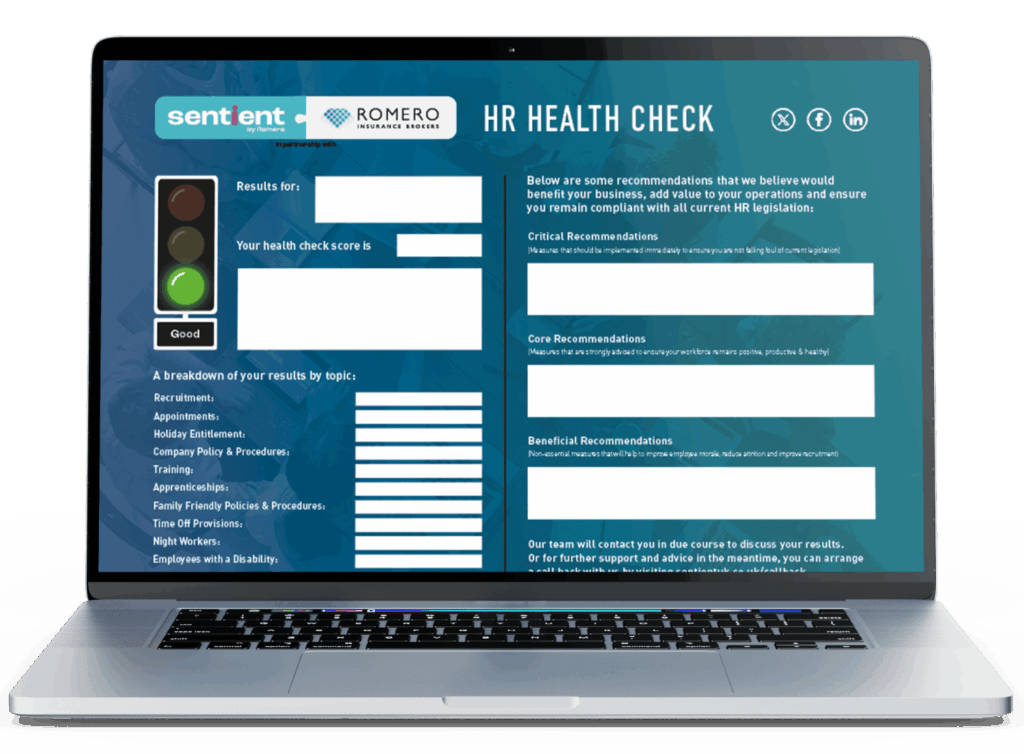Collective Redundancy Rights – This is 8th of 9 amendments made by the 2025 Employment Rights Bill
Mass redundancies now trigger obligations on behalf of the employer
The Employment Rights Bill has received a list of recent amendments. From zero hour contracts to confidentiality clauses, many aspects of employment and payment conditions are expected to change. Employers need to fully understand the regulatory changes to their obligations to members of staff, and as to not breach employment law.
An important change for employers to note is the new rights afforded to workers surrounding redundancies. The Government is aiming to strengthen the rights and protections of employees. Employers will need to follow consultation obligations if they intended to make a large number of workers redundant.
The changes should benefit working people by helping to reduce, lessen or avoid redundancies. The bill will improve transparentness between employers and employees; mandating clear communication between the two parties. Data from the Office of National Statistics shows that the UK is currently experiencing a rise in redundancies. Redundancy rates increased to 4.3 per 1000 employees, up from 3.2. Action following this bill should help to stifle this redundancy rate and reduce the likelihood of business restructures.
Previous obligations of an employer concerning collective redundancies
The Trade Union and Labour Relations Act 1992 first established employer obligations around collective redundancies. A collective redundancy is when an employer proposes 20 or more redundancies within a 90 day period. In this event, the employer must consult a representative of the group of employees.
Employers must give notice of termination. Any employers who fails to give 30 days notice before the first dismissal risk committing an offence.
What’s changed under the Employment Law bill concerning Collective Redundancies?
The change will enforce the right to a redundancy consultation. The law will be clarified and will be determined by the number of people impacted across the business, not just the individual who have been made redundant. The number of days between redundancies as to not be seen as collective will also be doubled, to 180. This means that if an employer fails to fulfil their redundancy obligations, they will be far heavily penalised and compensation for the begrudged parties will be greater.
Collective redundancy obligations will be triggered when 20 or more redundancies take place, or when a certain number of employees across an organisation are proposed to be redundant. The threshold will be set following a consultation, aiding both employee protection and necessary restructures of a growing company. This threshold is subjective to each company, and should make it more difficult for employers to conduct mass redundancies.
Why does this change to collective redundancy rules matter?
Two key ways this change is important involve employee protections. Previously, companies could make multiple redundancies across different location or workspaces, even if this equals thousands overall – where as after the change, consultations obligations are extended and the rights of workers are strengthened and clarified.
Learn more about Employment Law
There are 9 key areas of Employment Law that have been affected by the 2025 Employment Rights Bill.
Each of these areas are critical and will need to be addressed by employers. Employers need to understand their obligations and be careful not to unduly act in any way which could be observed as discriminatory. Employers will need to update their documentation and contracts that directly relate to the changes
To read more about your lawful obligations, Romero Insurance have refined and condensed the Government’s published information into a helpful whitepaper document. The Employment Law Whitepaper by Romero Insurance layout what employers and business leaders need to know about employment law.
Let us review your Employment Risk and Documentation

Contact us to take the HR health check. A HR health check will review your processes and documentation, and provide tailored guidance. The Health Check is conducted by our partners at Sentient, who are a HR outsourcing service and health and safety experts.
Our partners at Sentient will come back to you within 5 working days with a detailed overview of how you can improve your HR function and support your team. This free health check will grade your current practices with a traffic light system, showing the robustness of your HR procedures. Sentient is available for any business of any size who want to update their policies and procedures in time for Employment Law regulation changes.

